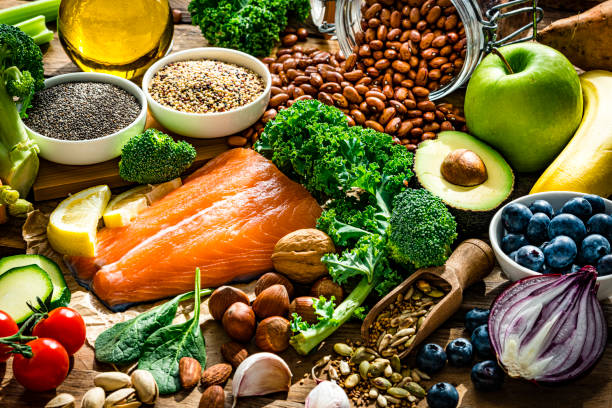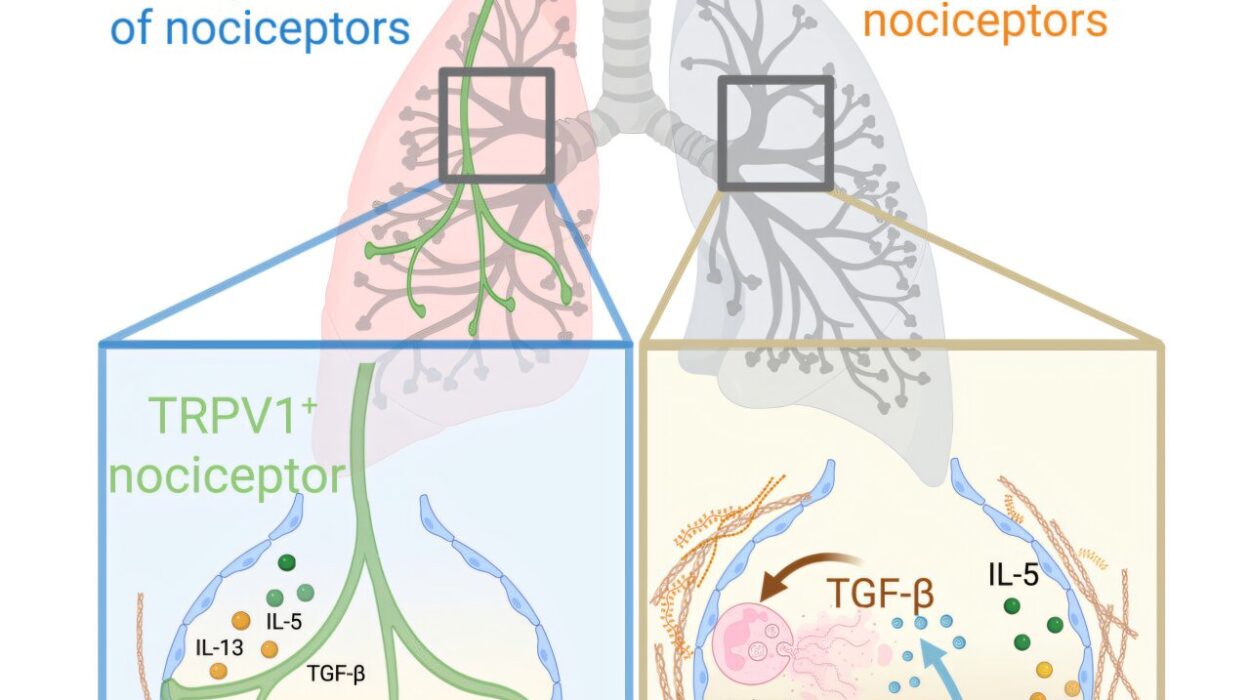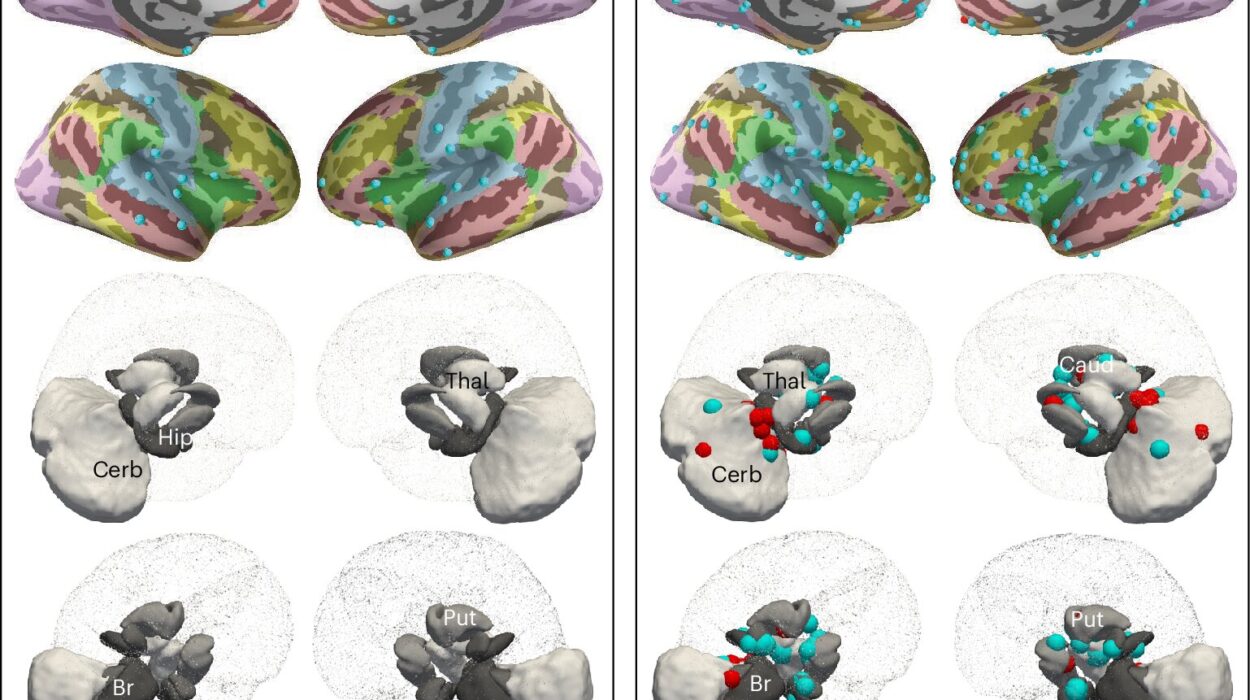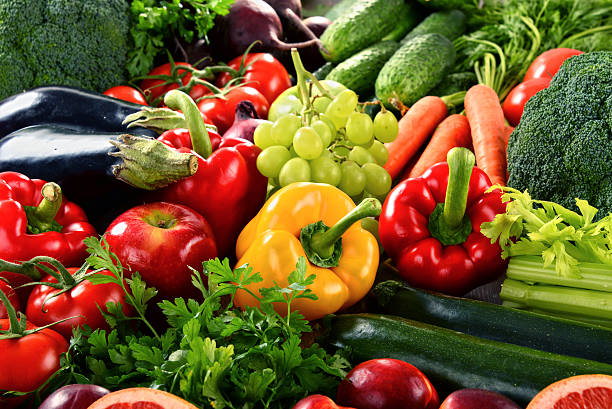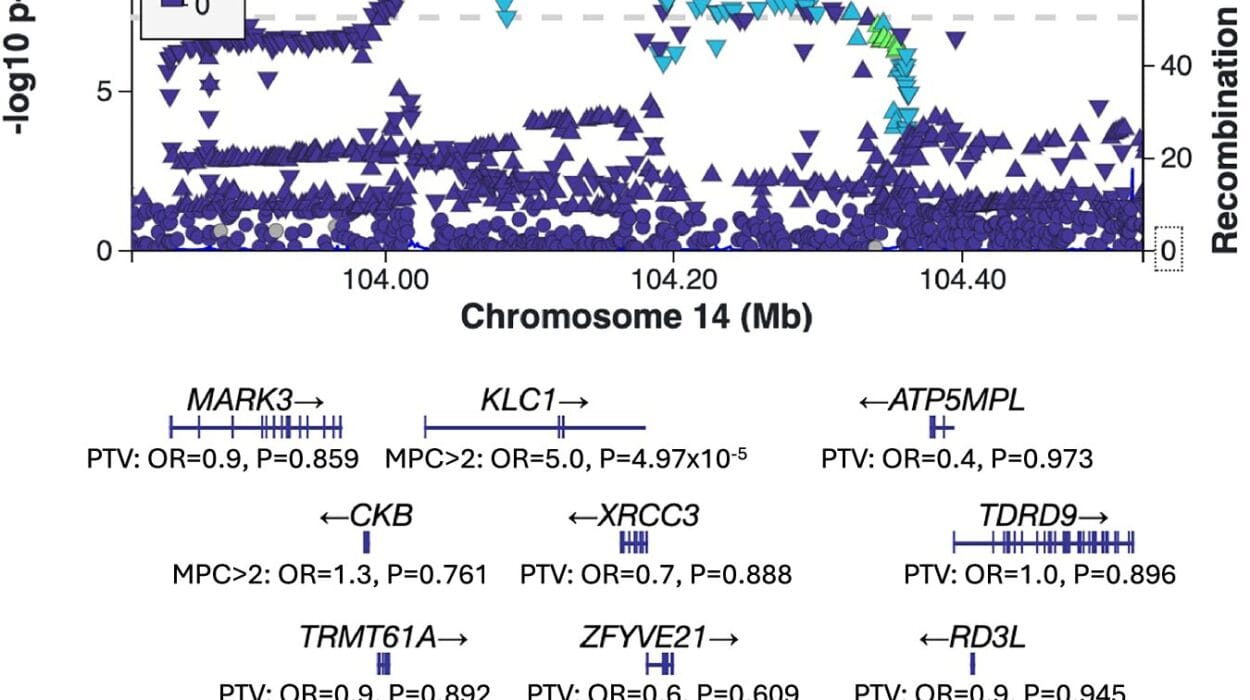Aging is a natural and beautiful stage of life. With each passing year comes wisdom, resilience, and the richness of lived experiences. Yet, for many seniors, one of the greatest concerns is not the body’s physical changes but the shifts within the mind. Memory lapses, slower recall, and even cognitive decline are challenges that can cast a shadow over the golden years.
But the brain is not doomed to deteriorate as we age. Science has shown that lifestyle choices, particularly nutrition, play a pivotal role in maintaining cognitive vitality. Just as the right fuel powers a car for longer journeys, the right foods can energize the aging brain, protect neurons, and even foster new connections.
Brain-boosting foods are not exotic elixirs or magical cures; they are everyday, accessible ingredients that nourish the body and sharpen the mind. For seniors, making thoughtful dietary choices is one of the most powerful tools for preserving memory, clarity, and emotional well-being.
Why Nutrition Matters More With Age
The aging process affects the body at every level. Metabolism slows, muscles lose mass, and organs become less efficient. The brain, too, undergoes subtle changes: neurons shrink, synapses weaken, and blood flow to the brain decreases. These changes make the brain more vulnerable to oxidative stress, inflammation, and damage from free radicals.
Nutrition becomes even more crucial in this stage of life. Seniors may absorb nutrients less efficiently, experience changes in appetite, or deal with medical conditions that affect their dietary needs. Therefore, focusing on foods rich in brain-supporting compounds—such as antioxidants, omega-3 fatty acids, vitamins, and minerals—can provide a protective shield for cognitive health.
The Science of Brain-Boosting Foods
When we talk about foods that “boost the brain,” what does that really mean? Scientifically, it refers to foods that improve or preserve functions like memory, focus, mood, and learning. Certain nutrients are especially beneficial for these processes:
- Omega-3 fatty acids, found in fatty fish, flaxseeds, and walnuts, are essential for building and repairing brain cell membranes.
- Antioxidants, such as vitamins C and E, protect neurons from oxidative stress and free radical damage.
- B vitamins, particularly B6, B12, and folate, support neurotransmitter production and reduce homocysteine levels, which are linked to cognitive decline.
- Polyphenols, found in berries, tea, and dark chocolate, improve blood flow to the brain and promote neuroplasticity.
- Choline, abundant in eggs, aids in producing acetylcholine, a neurotransmitter vital for memory and learning.
Together, these nutrients form the foundation of a “brain-friendly diet.”
Berries: Nature’s Memory Guardians
Few foods are as consistently praised for brain health as berries. Blueberries, strawberries, blackberries, and raspberries are bursting with antioxidants known as flavonoids. These compounds reduce inflammation, enhance communication between brain cells, and improve memory.
Studies from institutions like Harvard University have shown that seniors who regularly consume berries experience slower rates of cognitive decline. Blueberries, in particular, are rich in anthocyanins, pigments that cross the blood-brain barrier and directly influence neuronal function.
Enjoying a daily handful of fresh or frozen berries can make a significant difference in preserving memory and keeping the mind agile.
Fatty Fish: Nourishment for Neurons
Fatty fish such as salmon, sardines, trout, and mackerel are some of the richest sources of omega-3 fatty acids, specifically DHA (docosahexaenoic acid) and EPA (eicosapentaenoic acid). These fatty acids are integral to brain cell membranes and play a vital role in maintaining communication between neurons.
Low levels of omega-3s have been linked to memory problems, depression, and even dementia. Regular consumption of fatty fish has been shown to not only improve memory but also protect against age-related cognitive decline.
For seniors, enjoying fatty fish two to three times a week provides both nourishment and protection. For those who do not consume fish, plant-based alternatives like chia seeds, flaxseeds, and walnuts also offer valuable omega-3s, though in a different form.
Leafy Greens: Brain-Protecting Vegetables
Leafy greens like spinach, kale, collard greens, and Swiss chard are powerhouse vegetables for the brain. Rich in vitamins K, A, and C, as well as folate and lutein, these greens have been shown to slow cognitive decline.
A study published in Neurology found that seniors who ate just one serving of leafy greens daily had the cognitive abilities of someone 11 years younger compared to those who rarely consumed greens. Folate, in particular, supports neurotransmitter production and reduces homocysteine levels, protecting against memory decline.
Adding a daily serving of leafy greens to soups, smoothies, or salads is a simple yet profound step toward supporting long-term brain health.
Nuts and Seeds: Tiny Packages of Brain Power
Nuts and seeds may be small, but they are loaded with nutrients critical for brain function. Walnuts, for example, are particularly high in alpha-linolenic acid (ALA), a plant-based omega-3 fatty acid. Almonds provide vitamin E, which protects neurons from oxidative stress, while pumpkin seeds supply magnesium, zinc, and iron—all vital for healthy brain activity.
Research has shown that seniors who consume nuts regularly demonstrate better cognitive function and memory. A handful of mixed nuts and seeds makes for an easy snack that not only satisfies hunger but also strengthens neural pathways.
Whole Grains: Steady Fuel for the Brain
The brain relies heavily on glucose for energy, and whole grains provide a steady, slow release of glucose that keeps the mind sharp throughout the day. Unlike refined grains, whole grains retain fiber, vitamins, and minerals that regulate blood sugar and support cardiovascular health.
Options such as oats, quinoa, brown rice, and whole wheat bread ensure a steady supply of energy to the brain while preventing spikes and crashes that can impair concentration. Whole grains also contain B vitamins, which are essential for healthy nerve function and neurotransmitter synthesis.
Eggs: A Simple Food With Profound Impact
Eggs are often called “nature’s multivitamin,” and for good reason. They are rich in choline, a nutrient critical for producing acetylcholine, the neurotransmitter that supports memory and learning. Eggs also provide vitamins B6, B12, and folate, which reduce levels of homocysteine—a compound linked to cognitive decline and Alzheimer’s disease.
For seniors, enjoying eggs several times a week can be a delicious way to boost brain health. Whether boiled, scrambled, or added to dishes, eggs are an affordable and accessible superfood for the mind.
Dark Chocolate: A Sweet Ally for the Brain
Yes, chocolate can be good for the brain—when it’s dark and rich in cocoa. Dark chocolate is packed with flavonoids, caffeine, and antioxidants that improve blood flow to the brain, enhance focus, and even boost mood.
Studies show that seniors who consume small amounts of dark chocolate experience better memory and sharper attention. The flavonoids in cocoa stimulate the growth of new neurons and protect existing ones from damage.
A square or two of dark chocolate (70% cocoa or higher) can be both a treat and a brain booster, as long as it’s consumed in moderation.
Green Tea: Gentle Stimulation and Protection
Green tea is more than just a soothing beverage; it’s a source of powerful brain-supporting compounds. It contains caffeine in smaller amounts than coffee, providing alertness without overstimulation. More importantly, it is rich in L-theanine, an amino acid that promotes relaxation and improves focus.
Green tea also provides antioxidants called catechins, which protect brain cells and enhance connectivity between different brain regions. For seniors, sipping green tea regularly supports both mental sharpness and emotional calm.
The Mediterranean Diet: A Model for Senior Brain Health
Rather than focusing only on individual foods, dietary patterns as a whole play a vital role in cognitive longevity. The Mediterranean diet—rich in vegetables, fruits, whole grains, fish, olive oil, nuts, and legumes—has been consistently linked to better brain health.
Seniors who follow this eating pattern show slower rates of cognitive decline, reduced risk of Alzheimer’s disease, and improved overall health. The combination of healthy fats, antioxidants, and nutrient-dense foods creates an environment where the brain can thrive.
Hydration: The Forgotten Key to Cognitive Vitality
While foods receive much of the attention, water is equally crucial for brain health. The brain is about 75% water, and even mild dehydration can impair memory, concentration, and mood. Seniors are especially vulnerable because the sense of thirst diminishes with age.
Ensuring regular hydration—through water, herbal teas, or water-rich fruits and vegetables—keeps the brain alert and functioning at its best.
Beyond Food: Lifestyle and Brain Health
Food is powerful, but it does not act in isolation. Exercise, social engagement, mental stimulation, and sleep all play vital roles in preserving brain function. Nutrition serves as the foundation, but lifestyle completes the picture.
When seniors combine a brain-boosting diet with daily physical activity, meaningful social connections, lifelong learning, and restful sleep, they create a holistic environment for cognitive longevity.
The Emotional Dimension of Brain-Boosting Foods
Eating is not just about nutrients—it is also about joy, culture, and connection. Sharing meals with loved ones, savoring flavors, and enjoying the ritual of cooking all contribute to emotional well-being, which in turn strengthens brain health.
For seniors, food can be both medicine and memory: the smell of fresh bread may recall childhood, the taste of berries may evoke summer gardens, and the act of cooking may keep the mind engaged and creative.
A Future of Nourished Minds
As science continues to uncover the connections between diet and cognition, one truth remains clear: what we eat profoundly shapes how we think, feel, and age. For seniors, every meal is an opportunity to protect memory, nurture clarity, and celebrate vitality.
Brain-boosting foods are not elusive; they are the fruits, vegetables, grains, proteins, and treats that fill our kitchens and tables. By choosing wisely, seniors can transform meals into medicine, ensuring that their golden years shine with both wisdom and mental sharpness.
Conclusion: Eating for a Brighter Tomorrow
The journey of aging need not be marked by fading memories or declining mental agility. Through mindful eating, seniors can nourish not only their bodies but also their minds. Berries, fish, leafy greens, nuts, whole grains, eggs, chocolate, and tea are more than just foods—they are guardians of the brain’s vitality.
Health, especially brain health, is not a destination but a daily practice. Each bite can be a step toward a sharper memory, a more focused mind, and a more joyful life. In embracing brain-boosting foods, seniors can look toward the future with confidence, knowing that their most precious asset—the mind—remains strong, resilient, and alive.

